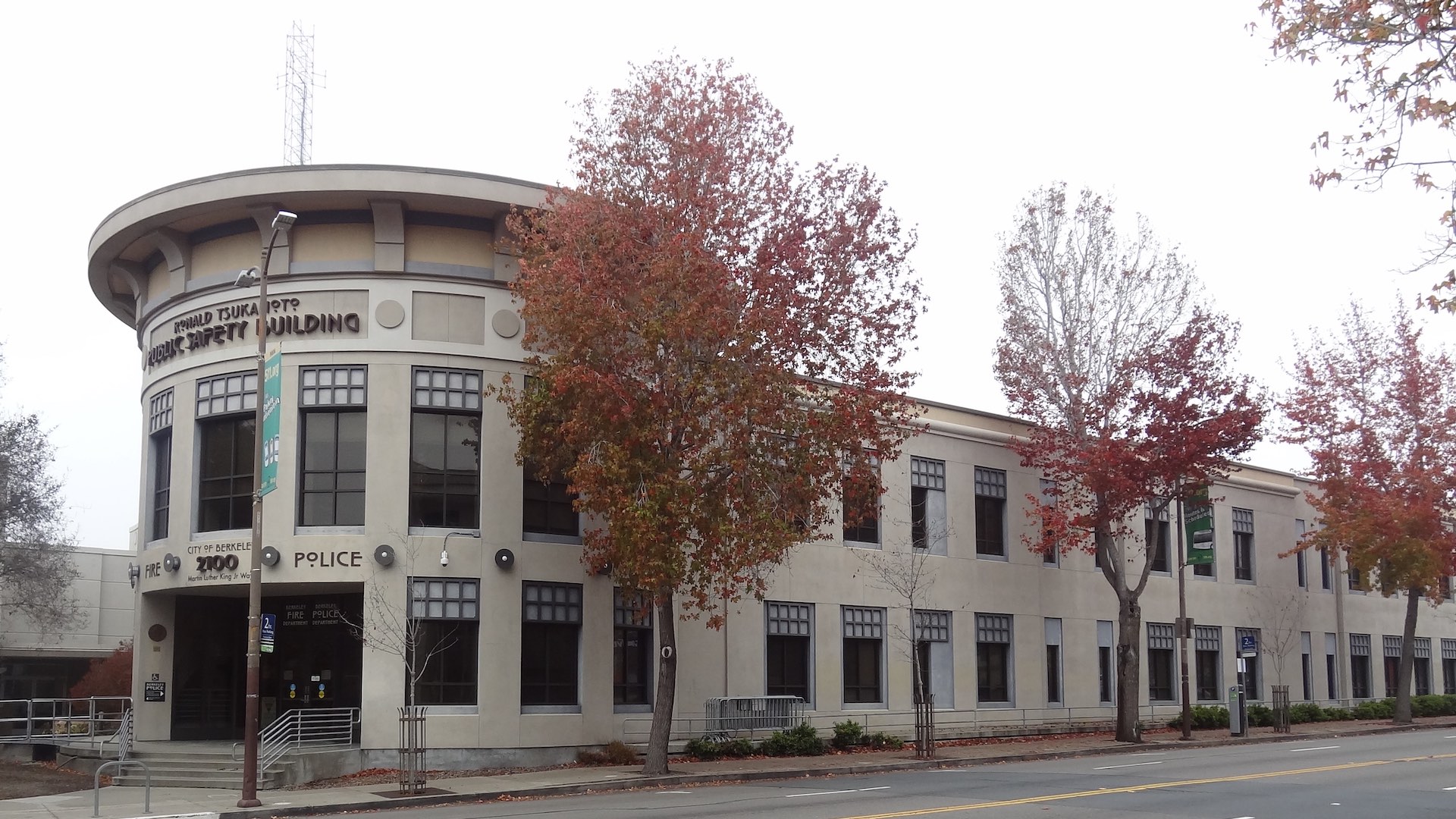
Berkeley City Council has unanimously approved and passed a package of police reforms aimed at reducing racial disparities and conflicts in policing, which come on the back of the city’s $9 million reduction in police funding last July.
Importantly, the reforms stipulate that police will no longer be able to make routine stops for minor traffic violations unless under the pretense of an investigation into a more significant crime, as reported by Mercury News. This means that traffic stops due to non-safety-related issues like a broken taillight, expired registration, or a seat belt violation would be eliminated. Traffic stops related to the search of a suspect or a stolen vehicle, however, would still be warranted.
The changes coming to the police of the progressive Bay Area city are not limited to traffic enforcement, but also include obtaining written consent for searches, preventing officers from asking questions about parole or probation status in most circumstances, as well as reviewing officers’ social media accounts for any racist content, while implementing a so-called “Early Intervention System” to weed out biased officers.
The reforms come in the wake of several high-profile incidents in recent years, including the death of George Floyd, and their associated protests calling for police reform. Responsible for the development of these new reforms is the Fair and Impartial Policing Group, formed in November 2019 with the help of council member Kate Harrison. The group looks to address racial disparities in police stops, searches, and use-of-force, to resolve conflict between the community and police members.
Berkeley Police Chief Andrew Greenwood commented that many of the recommendations were already part of the patchwork of their original policies, but other changes may require greater “heavy lifting” to adapt to.
As for the Early Intervention System, Greenwood notes that the department already keeps track of officers’ behavior and related complaints, as well as a history of vehicle collisions and use-of-force, but that “there is room for improvements.” The system aims to identify officers who may be on the path to misconduct. Because of the grey area and inherent subjectivity involved in making these decisions, many in the police community are unhappy about the decision.
The Berkeley Police Association issued a statement opposing the reforms, declaring that they would create “significant safety consequences for citizens and officers.”
“At stake is the safety of Berkeley citizens and its police officers, as the proposed reforms will tur officers into filing clerks, gutting their much-needed time on the streets within our community,” said Sgt. Darren Kacelek, president of the association.
Mayor Jesse Arreguin advocated for the changes based on a report by the non-profit organization, the Center for Policing Equity, which found that blacks and Hispanics were stopped and searched at a much higher rate than whites.
He told Fox KTVU, “We think this will not only reduce racial disparities in stops, but allow police to focus on more serious and dangerous behavior.”





